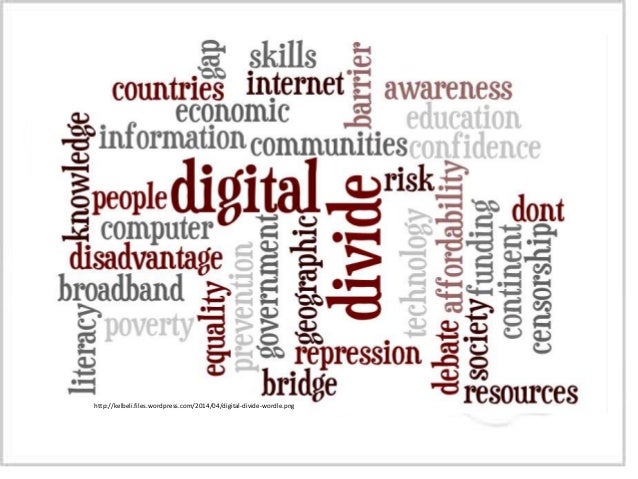After reading “Literacy with an
Attitude” and making my own ideas about the text, I found that Jessica’s blog
really related to my own thoughts. In this week’s blog post, I will discuss
points from Jessica’s blog that I found really valid.
Patrick Finn’s main focus is to
identify that there is an imbalance in education amongst social classes. Academic institutions are confining students
to an education that will only bring them success in the social setting that they
were brought up in. The skills they are
taught only limit them to certain opportunities, giving them no chance to overachieve. Students that are brought up in middle and
lower class families are the ones who are greatly affected in this literacy
divide. No matter what their level of intelligence may
be, the student’s on the lower spectrum of society will never measure up to
students that come from elite schools-
Similar to Jessica, I noticed that a
lot of the classroom experiences Finn describes correspond with Delpit’s
work. Jessica discusses the part of the
text where Finn is explaining why he was able to manage his classroom so well. Finn confesses that he made sure to have gain
authority in the classroom because he knew the students respond well to
authority. Finn always gave the students
commands on what to do and made sure to never phrase the command in the form of
a question. Jessica says, “We see Finn
emphasizing what Delpit
is trying to say in her piece – you need to say the words or it will not get done”.
Finn successfully integrated the authoritative aspect of Delpit’s work into his
classroom. His principal often praised
him for having such well-behaved students.
But I think Delpit can be found in manly more ways than one throughout
Finn’s piece.
The teachers are misconstruing what
Delpit means when she says students should explicitly be taught the rules and
codes. Take into consideration what
Jessica mentions about the teachers in the working class schools. In the working class schools the teachers
make a lot of derogatory and strict comments to their students. There comments are very demeaning and do not
seem to support student learning.
Jessica says, “ These lower class students are the ones who need the
right tools to succeed, and one of those tools is a teacher that is willing to
help – not one that is doubting everything the child does or underestimates
their abilities.” I agree with her 100%. And often times, I have experienced
this sort of behavior from teachers at my Service Learning. But I think that teachers working in these
sorts of schools believe that this is the necessary tool that students will
need to get by. Finn mentions that teachers
in working class schools “made every effort to control students' movement”
(11). They do not feel that the student
is capable of making their own choices so they need to direct them in every
aspect even if it is in a negative way. These were the codes and rules that these students would need for their lifestyle. Teachers assumed they did not have the work ethic to amount to anything successful so this was enough for them to get by. When the students eventually go onto the real world, supposedly these skills will be sufficient enough for the jobs they will work at.
In the middle and elite class schools, the teachers approached the rules and codes of power much differently. The amount of direct orders given in the classroom were very rare. The teachers were very lenient in this aspect and relied on negotiation. The students were not constantly being told what to do because the teachers believed they had enough knowledge and skills to accomplish tasks and assignments. The assignments in the classroom were more thought-provoking and required more problem solving skills. The students were given this work because it would provide them with skills that would benefit them in the jobs of their social class. The middle and elite schools were providing students with the skills they needed to become successful in their society.
But the problem that Finn is trying to make is that their should be a universal curriculum throughout all school systems no matter what type of school it is. Schools need to provided every student with the skills they will need to succeed in any situation or any job. They should not limit the education to the school because they believe a child will only go so far.


No comments:
Post a Comment